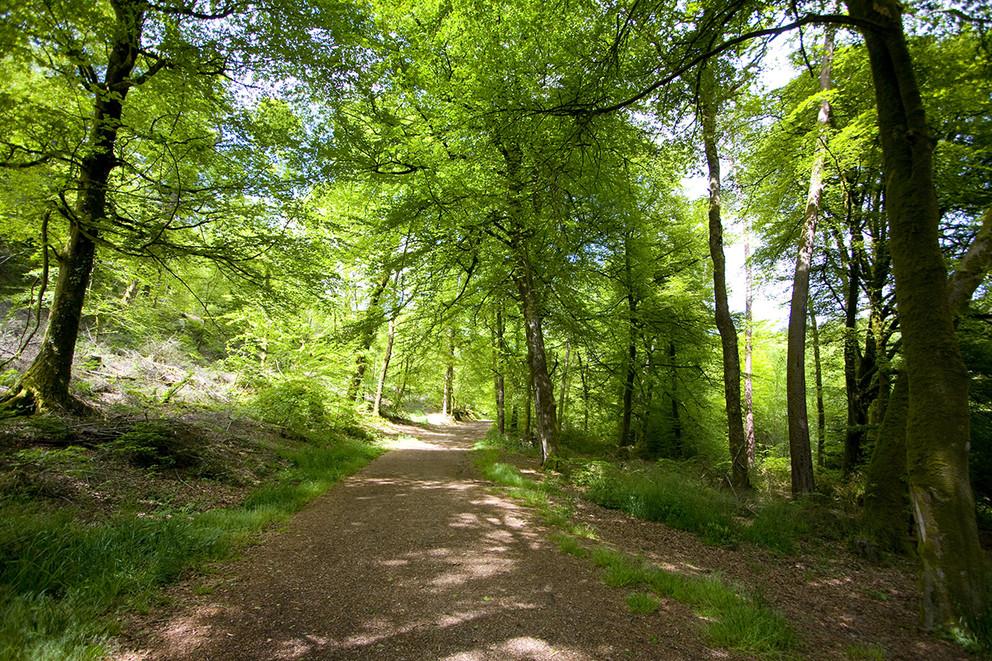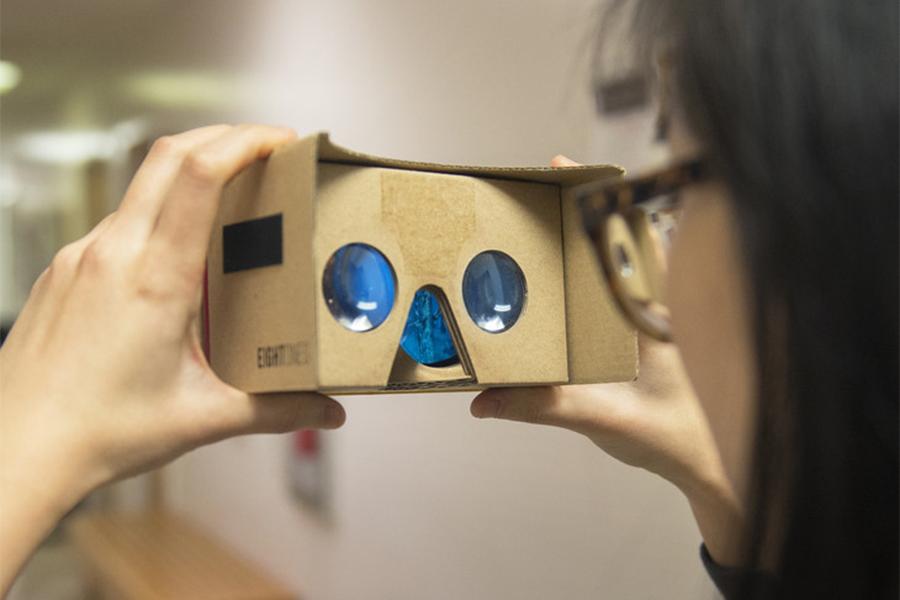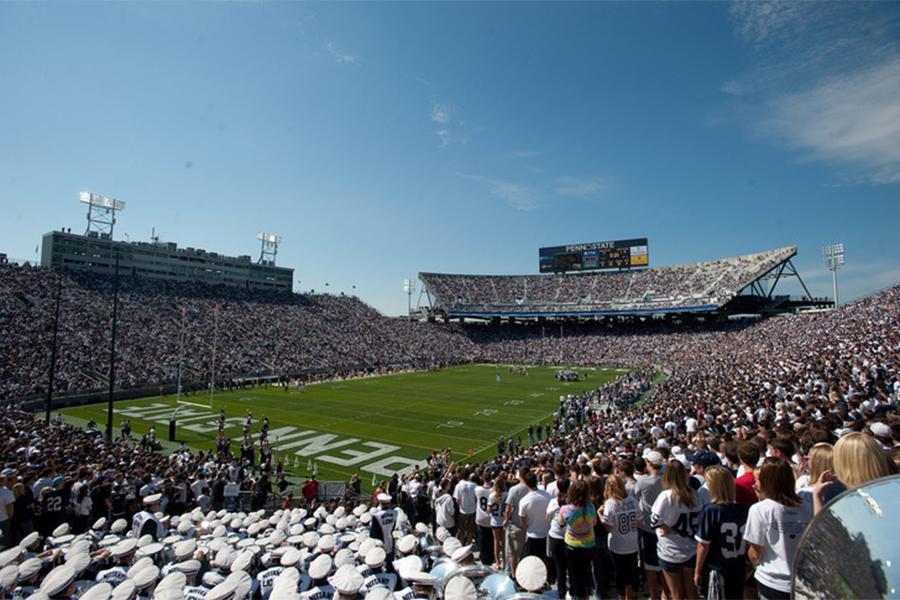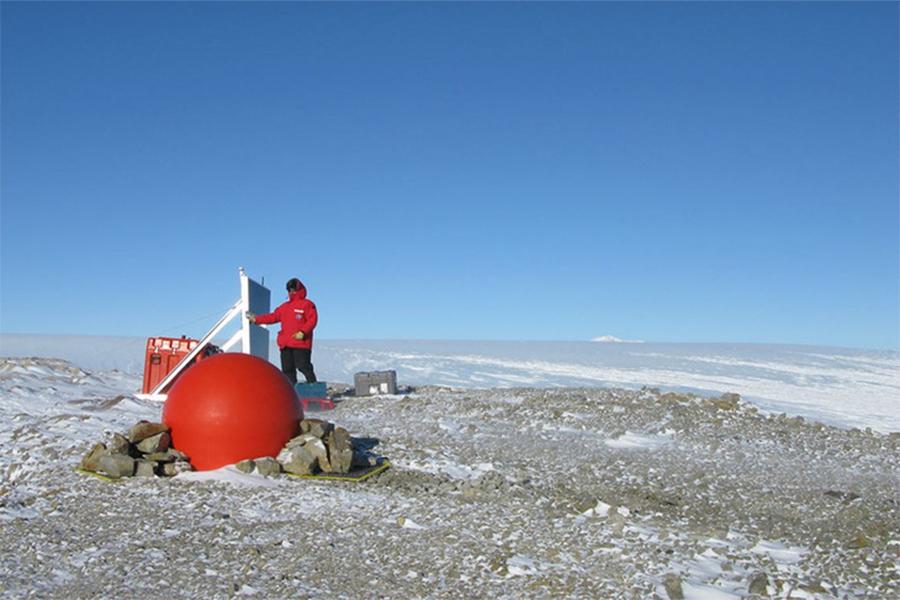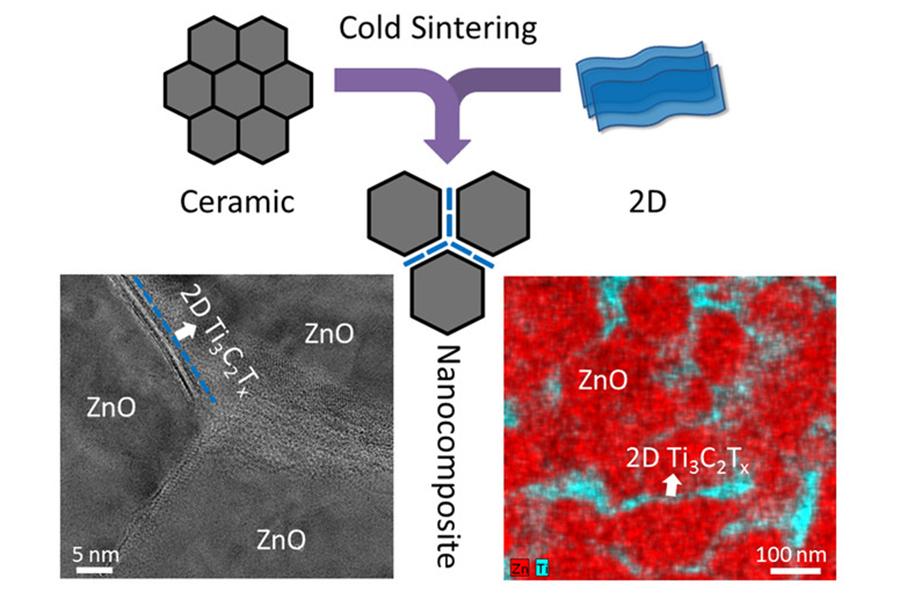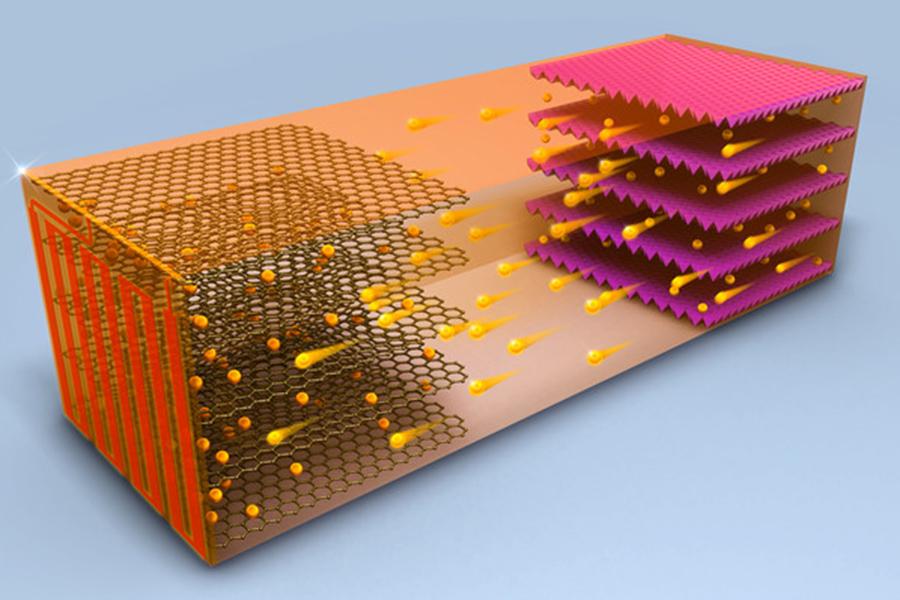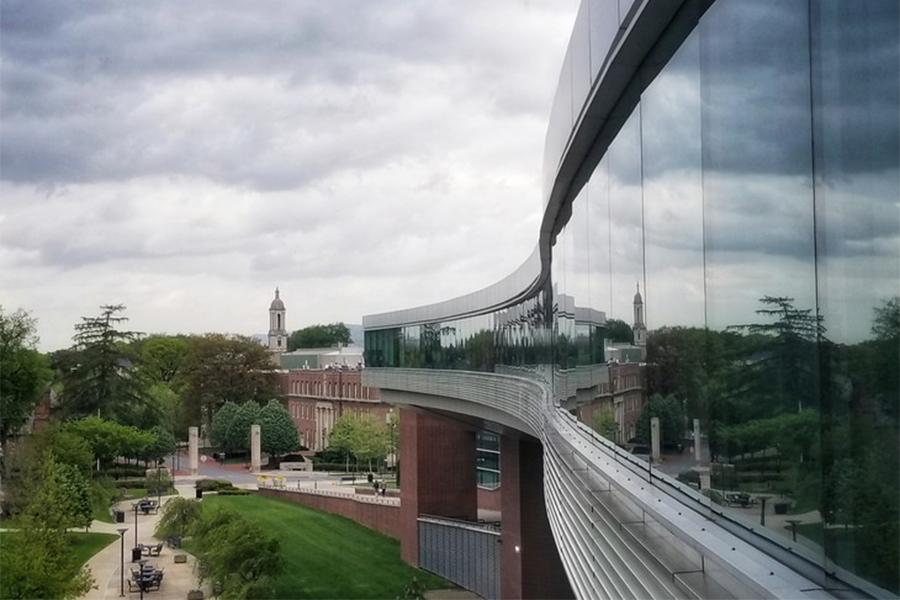Morocco's food landscape has been undergoing a major shift: Obesity is on the rise while traditional, healthy food is becoming more scarce. Penn State geography researcher Bronwen Powell wants to know what’s driving these trends.
How forests respond to elevated nitrogen levels from atmospheric pollution is not always the same. While a forest is filtering nitrogen as expected, a higher percentage than previously seen is leaving the system again as the potent greenhouse gas nitrous oxide, say researchers.
Glass has been a part of society for thousands of years, so it is easy for this material to become invisible and overlooked, but a Penn State materials scientist has laid out a plan to map the glass genome and advance the future of glass.
A new general education course at University Park — GEOG 397 — will immerse students in the world of virtual reality, 360-degree video, augmented reality and more.
The next time you see your favorite collegiate athlete on the field or court, think again about their road to getting there.
The bedrock beneath West Antarctica is rising rapidly in response to the ongoing ice melt of the West Antarctic Ice Sheet, according to an international team of researchers, who indicated that their results have important implications for estimating future ice sheet stability and projections of ice mass losses.
Penn State has launched a new graduate certificate aimed at helping geospatial professionals working in the GIS and web mapping industries to expand their software development and coding skills.
For the first time, researchers have created a nanocomposite of ceramics and a two-dimensional material, opening the door for new designs of nanocomposites with such applications as solid-state batteries, thermoelectrics, varistors, catalysts, chemical sensors and much more.
Californians do not purchase electric vehicles because they are cool, they buy EVs because they live in a warm climate. Conventional lithium-ion batteries cannot be rapidly charged at temperatures below 50 degrees Fahrenheit, but now a team of Penn State engineers has created a battery that can self-heat, allowing rapid charging regardless of the outside chill.
Three faculty members recently joined the Institutes of Energy and the Environment (IEE) in three different areas of expertise. Two are in the Donald P. Bellisario College of Communications, and the other is in the College of Earth and Mineral Sciences.



